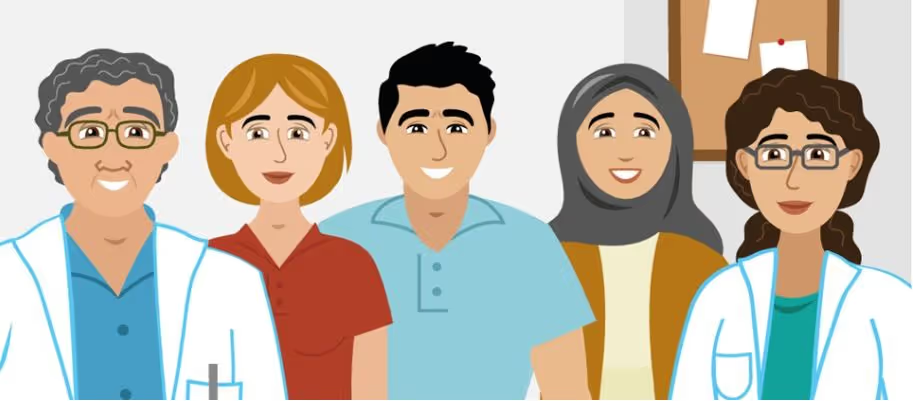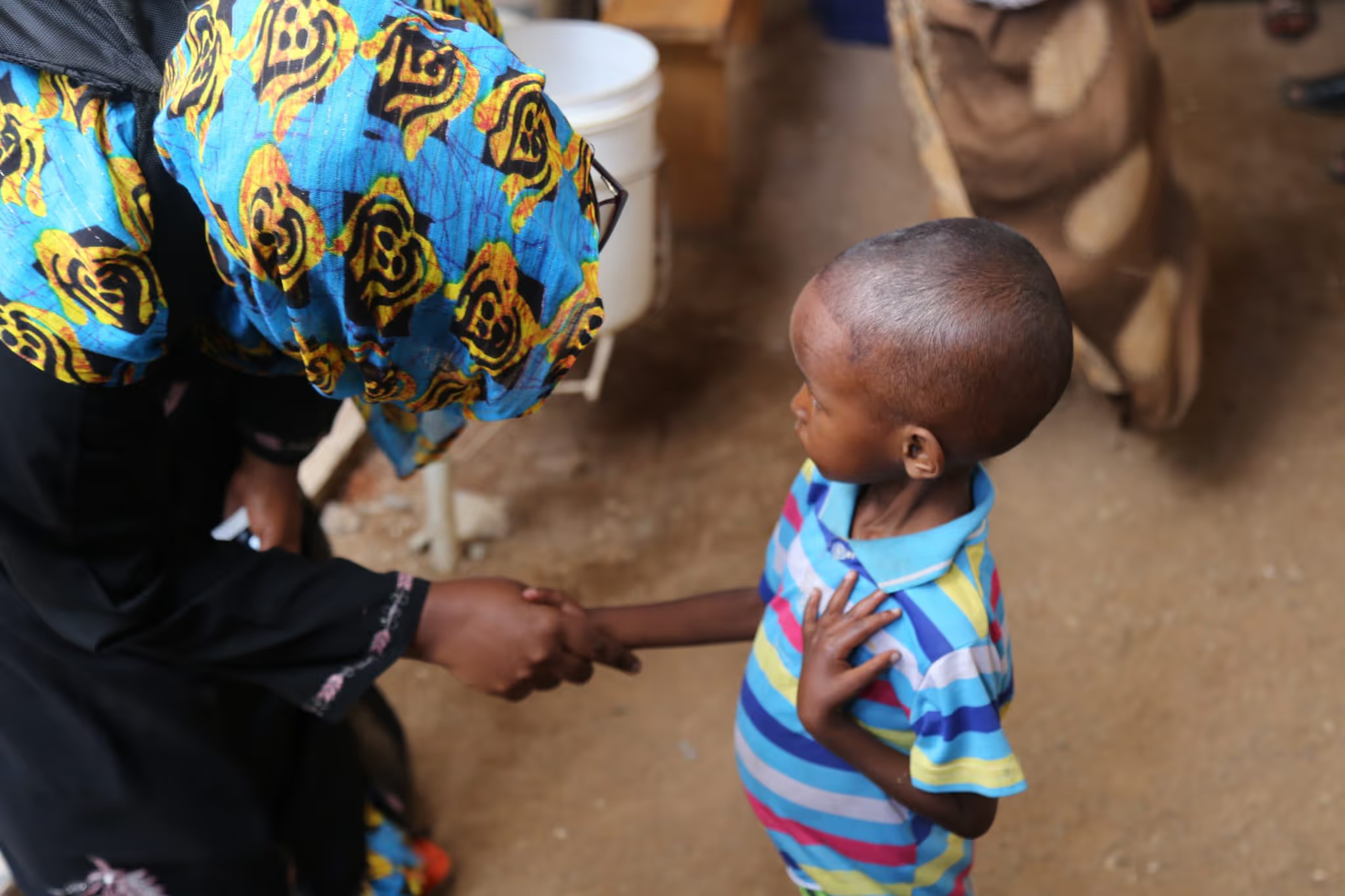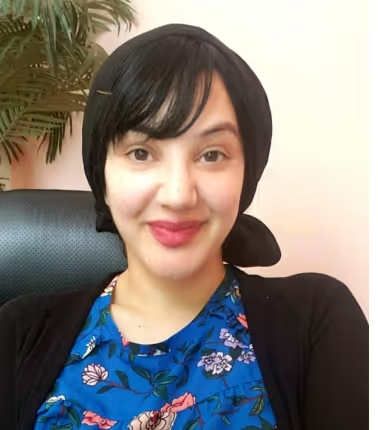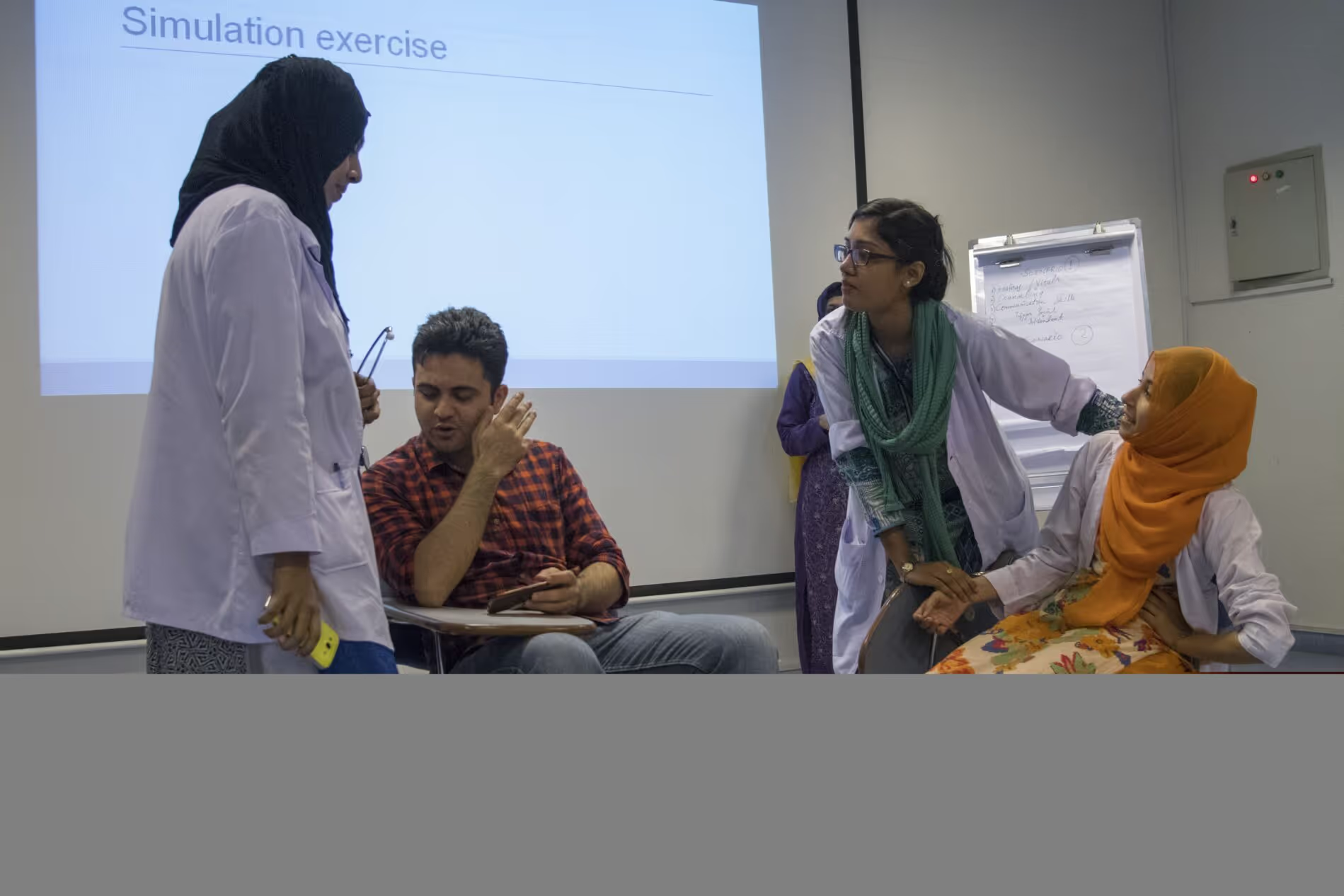Effectiveness and cost-effectiveness of guided e-mental health care for Syrian refugees in urban Lebanon

Project overview
Mental health and adequate ability to function is important for survival and for re-building communities. WHO’s aim is to contribute to this objective by developing a suite of evidence based interventions that are scalable in humanitarian settings. This study evaluated the Step-by-Step intervention in Lebanon.
Countries
Lebanon
Organisations
World Health Organisation
Partners
International Medical Corps (IMC), VU University Amsterdam, United Nations High Commissioner for Refugees (UNHCR), AFMM & St Joseph University, Lebanon, University of Zurich
Area of funding
Humanitarian Research
Grant amount
£502,294
Start date
01
January
2018
End date
01
December
2020
Project length (in months)
35
Funding calls
Topics
No items found.
Status
Closed
Project solution
This project offers [specific solution or intervention] to tackle [challenge]. By implementing [strategies, tools, or innovations], the project aims to achieve [desired outcomes]. The approach is designed to [specific actions or methods] to bring about meaningful change in [community, region, or issue area].
Expected outcomes
This project aims to achieve [specific outcomes], such as [measurable results, improvements, or changes]. The expected impact includes [benefits to the target community, advancements in research or innovation, or long-term effects]. By the end of the project, we anticipate [specific changes or milestones] that will contribute to [broader goals or objectives].
No items found.
Principal Investigator: Mark van Ommeren, World Health Organisation
Research Snapshot: Online guided self-help intervention for refugees proves effective
This randomised controlled trial, with Syrian refugees in Lebanon, demonstrates that online guided self-help intervention for refugees can be effective.
[.cta_link]Read the Snapshot[.cta_link]
What did this study set out to achieve?
The long-term objective of this proposal is to reduce mental suffering and improve the mental health and functioning of people affected by humanitarian crises. Adequate ability to function is important for survival and for re-building communities. WHO’s aim is to contribute to this objective by developing a suite of evidence based interventions that are scalable in humanitarian settings.
This study evaluated the effectiveness and cost-effectiveness of Step-by-Step (SbS) with Syrian refugees in Lebanon. SbS is an innovative 5-8 week guided WHO intervention designed to improve mental health care coverage, with scalability as central design feature. It is delivered remotely through either users own devices, or devices placed at health facilities. The intervention content involves a narrative with simple language, illustrations and interactive exercises. Users receive weekly phone guidance from a helper to maintain motivation, ensure understanding of the intervention content and to prevent drop out.
This research aimed to provide a proof of concept for the use of SbS and other e-mental health intervention in humanitarian settings where (a) a meaningful proportion of the population has access to smartphones or other internet devices or (b) health and other facilities can provide access to devices and the internet. The evaluation aimed to (a) generate evidence for the decision whether or not to release this guided e-mental health intervention as a public good and (b) improve the scant evidence-base for such interventions in humanitarian settings.
What were the key findings?
- Participants who received Step-by-Step showed improvements on primary outcomes - depression and functional impairment, compared with the control group.
- Those receiving Step-by-Step also showed improved secondary outcomes: anxiety, post-traumatic stress, subjective well-being and self-identified problems.
- The intervention received positive feedback from users and other stakeholders.
- Step-by-Step appeared to be a cost-effective treatment option for Lebanon’s healthcare system.
What does this mean for policymakers and practitioners?
This randomised controlled trial demonstrates that Step-by-Step can contribute to improve mental health among Syrian refugees in Lebanon, and potentially other communities affected by adversity in humanitarian or low-income settings. However, it is important that Step-by-Step is culturally adapted to ensure that language, local idioms, etc. support the effectiveness of the intervention. For example, the ‘helper’ who appears in the Step-by-Step narrative is currently a doctor, but this will not always be appropriate.
A countrywide implementation project for all people in Lebanon is currently underway to further understand how to implement and scale up Step-by-Step. Step-by-Step is now being provided as a free-to-access national programme in Lebanon, reaching nearly 2000 people in the first 18 months of implementation.
Step-by-Step was found to support people with depressive symptoms in a context of adversity. Some people will require specialist care and it is recommended that the intervention is implemented in an integrated mental health system with referral options to specialist support.
Following these trials, a guided self-help manual for the interventions is expected to be available in 2024.
No items found.
Project delivery & updates
Stay up to date with the latest developments from this project. Here, you will find details on what has been delivered, resources created, and regular updates as the project progresses. Access key documents, reports, and other materials to see how the project is making an impact.
No resources/updates have been published yet for this project. Sign up for our newsletter to stay informed about upcoming publications and updates!
Join our Newsletter
Resources
No items found.
Latest updates
No items found.







